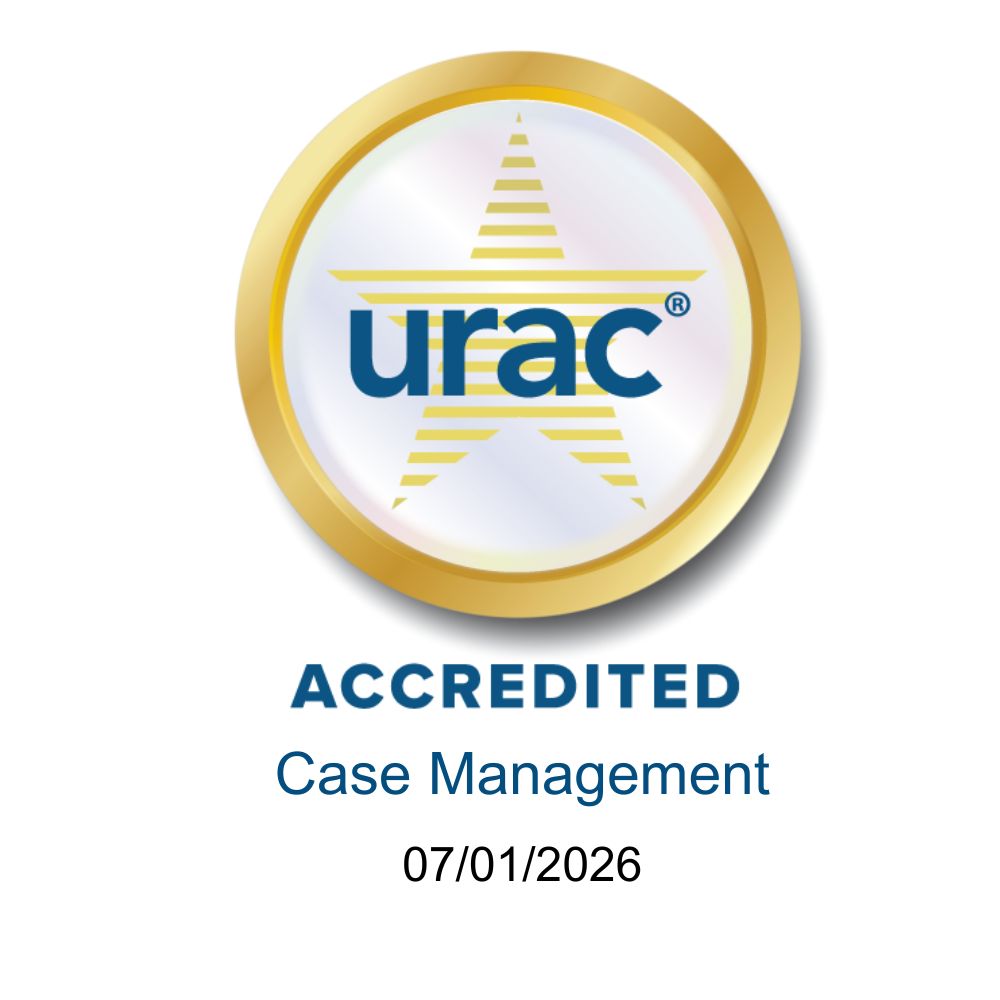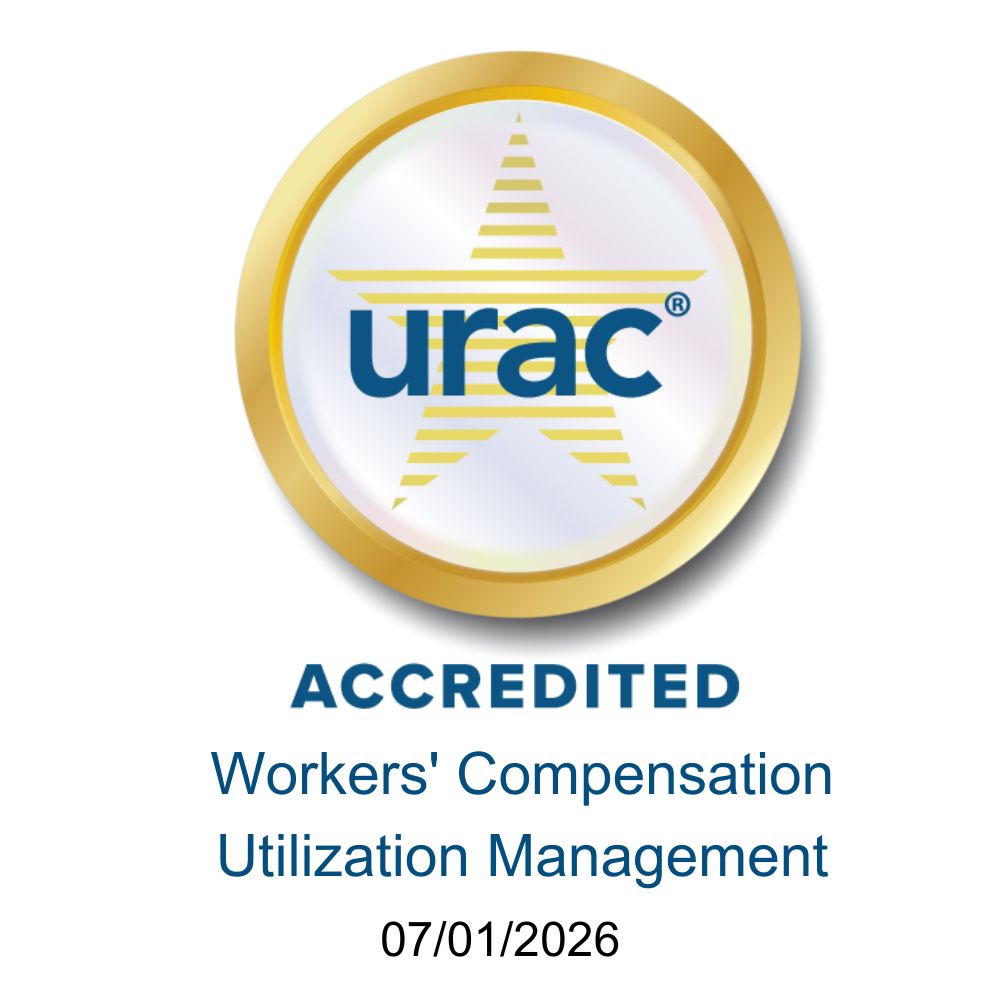/EK---The-Human-Impact-of-NCM-(2020-NCM-Week)-tw2.png)
At its most fundamental level, workers’ compensation managed care is a patient (in this case an injured worker) being supported and assisted by a clinical expert (nurse case manager) and a claims management expert (claims examiner/adjuster). Though the world of workers’ compensation is far more complex – due to its protocols, regulations, and bureaucracy – its core is people helping people through a challenging time.
That’s what drew EK Health’s Founder and CEO, Eunhee Kim, when she began her career as a Field Nurse Case Manager. And it’s what keeps her engaged today, as she still carries a full caseload of patients who depend on her for the clinical support they need. When asked why she still carries a caseload, Eunhee responded:
I am proud to take assignments from claims experts for any injured workers with very challenging, or catastrophic, injuries. Case after case, year after year, for the last 30 years I have helped solve everyday issues surrounding the needs of injured workers and claims experts alike. It is deeply satisfying on a professional and personal level. I also believe I have gained credibility from other business professionals in our field by earning my reputation as a problem solver at the micro and macro levels. At the core, I am in the business of taking care of other human beings whose lives were turned upside down because of an injury, and taking care of claims administrators by helping deliver efficient, quality care without unnecessary cost. Being in the trenches, I get to see very closely where the problems are – much better than I could if I were exclusively a business woman. I get to come up with solutions, and that is how EK Health is different. It is exciting to experience the many aspects of a claim and to innovate solutions for real issues.Working alongside medical providers, I get to know their exact pain points and any gaps that may exist in service delivery. Based on my experiences, the complexity of workers’ compensation generates a multitude of challenges for providers. I help them by removing the barriers they face. By helping, we gain their respect and trust, and we improve patient care by building this trust-based relationship.Operationally, as I watch the delivery of care, I know where it’s working well and where it’s not working well. I can share with our team the reality of where the gaps are, as well as where a potential strategy may succeed and why. By factoring this front-line intelligence into the process, we enhance our product development and management.
Operating from a position of patient advocacy, the nurse case manager focuses on the clinical aspects of the claim – the injury, the diagnoses, the treatment plan, the evidence-based medical guidelines, the comorbidities that may complicate or prolong the recovery process, and the total wellbeing of the patient. That holistic approach encompasses the physical and mental impact of the recovery process, with the nurse case manager extending the reach to ensure the patient’s existing support network is engaged for optimal results. This simple act of caring creates a win-win scenario with a positive employer-employee experience, expedited recovery and return to work, and reduction in cost of medical care.
In addition to being an advocate for the injured worker’s medical care, the nurse case manager is a good steward for the payer by ensuring compensability is clear, channeling care to the most appropriate providers in a timely fashion and setting clear expectations for treatment, recovery and probable outcomes. He or she is also a powerful resource for the claims management team in providing expert clinical guidance on anticipated treatment, medical costs for reserving, and collaborative claim resolution.
This philosophy of connecting the resources involved in a claim is demonstrated every day from the highest levels of the company down, beginning with Founder and CEO Eunhee Kim.
I’ve learned that there’s an emotional aspect that gets in the way, but we have to find a way to communicate and bridge the gap. I see our role as a managed care company that way. I see myself as that bridge to connect the minds of the people to the solution they need. When you break the circular nature of emotional reactions, listen very carefully, ask a lot of follow-up questions, and peel back the layers, you can get to the root of the issue and resolve it.If you can’t deliver the care, the patient needs to understand why in plain English. The letters from insurance companies can be formal, legal and feel cold, without a feeling of caring for the patient. As Nurse Case Managers, we can interpret those messages and find the solution.Nurses are experts at keeping their finger on the pulse of a claim and managing several angles at once. In a case management context, this skill set is particularly valuable as the dynamics are constantly shifting throughout the life of the claim. Nurse case managers bring a wealth of clinical knowledge, compassion, and comprehensive understanding of the diagnoses and recovery factors. In the words of EK Health Services Founder and CEO Eunhee Kim:
To me, nurses are the most important assets to fuel our growth. So, I recruit nurses who share the same philosophy. I say let’s focus on solving the problem and not how difficult it is. We need to put our foot in the person’s shoe and feel it with our skin and our bone. It’s empathy.
That is the empathy that nurse case managers embody when they step into the gap to humanize a challenging or complex claim. It’s what they feel when they connect with an injured worker who is frustrated, unwell, and overwhelmed. And it is what drives them to the phone or the front door every day to bridge the gap between the patient and their optimal recovery. That empathy is what we celebrate daily in nurse case managers everywhere.
Click Here to download a PDF copy of the article
RELATED CONTENT |
||
|




/EK%20Health%20-%20The%20Human%20Impact%20of%20NCM%20(2020%20NCM%20Week)-1.png)
/EK%20Health%20-%20The%20Human%20Impact%20of%20NCM%20(2020%20NCM%20Week)-2.png)
/EK%20Health%20-%20The%20Human%20Impact%20of%20NCM%20(2020%20NCM%20Week)-3.png)
